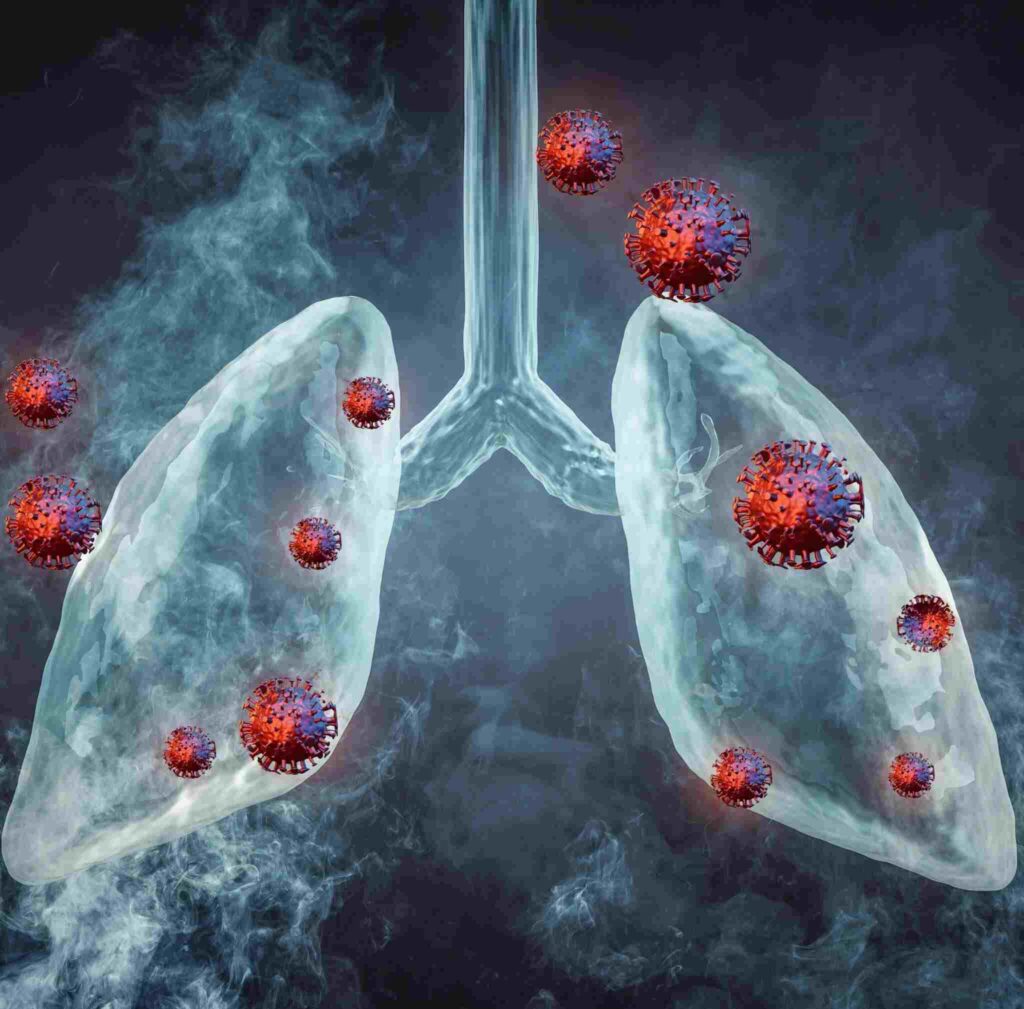Esophageal cancer is a formidable disease that affects the esophagus, the hollow tube that carries food and liquids from the throat to the stomach. Like many other types of cancer, esophageal cancer is classified into different stages, each representing the extent of the disease and its progression within the body. Understanding these stages is essential for effective treatment planning and determining the patient’s overall prognosis. In this comprehensive guide, we will delve into the various stages of esophageal cancer, their distinct characteristics, and the importance of early detection and timely intervention.
1. Stage 0 – Carcinoma in Situ
At stage 0, esophageal cancer is localized to the innermost layer of the esophageal lining. It is also known as carcinoma in situ. During this early stage, cancerous cells are found only in the superficial layer and have not penetrated deeper tissues or spread to nearby lymph nodes or distant organs.
Characteristics:
- Limited to the innermost layer of the esophagus.
- No invasion of deeper tissues or lymph nodes.
- Often discovered incidentally during medical investigations for other conditions.
Treatment:
The primary treatment for stage 0 esophageal cancer is usually surgical intervention. Techniques such as endoscopic mucosal resection (EMR) or endoscopic submucosal dissection (ESD) may be used to remove the cancerous tissue and prevent further progression.
2. Stage I
Stage I esophageal cancer signifies that the cancer has penetrated the deeper layers of the esophageal wall but has not spread beyond the esophagus or to the nearby lymph nodes.
Characteristics:
- Cancer has extended into the deeper layers of the esophageal wall.
- No involvement of nearby lymph nodes or distant organs.
Treatment:
Treatment options for stage I esophageal cancer may include surgery, radiation therapy, chemotherapy, or a combination of these approaches. The choice of treatment depends on the patient’s overall health and the specific characteristics of the cancer.
3. Stage II
Stage II esophageal cancer is further divided into sub-stages, namely IIA and IIB, depending on the extent of the disease.
Stage IIA:
In stage IIA, the cancer has invaded beyond the inner layers of the esophageal wall but has not spread to nearby structures or lymph nodes.
Characteristics:
- Cancer has advanced to the outermost layers of the esophageal wall.
- No involvement of nearby structures or lymph nodes.
Treatment:
Treatment for stage IIA esophageal cancer may involve a combination of surgery, radiation therapy, and chemotherapy, tailored to the patient’s specific condition.
Stage IIB:
Stage IIB indicates that the cancer has infiltrated nearby lymph nodes but has not affected distant organs.
Characteristics:
- Presence of cancer in nearby lymph nodes.
- No spread to distant organs.
Treatment:
The treatment approach for stage IIB esophageal cancer typically includes a combination of surgery, chemotherapy, and radiation therapy. Medical professionals will design the treatment plan based on the individual’s health status and the specific characteristics of the cancer.
4. Stage III
Stage III esophageal cancer is also divided into three sub-stages: IIIA, IIIB, and IIIC. These sub-stages signify the progression of cancer within the esophagus and its potential spread to nearby tissues and lymph nodes.
Stage IIIA:
At this stage, the cancer has spread to nearby structures or tissues and may have invaded up to three nearby lymph nodes.
Characteristics:
- Spread of cancer to nearby organs or tissues.
- Involvement of up to three nearby lymph nodes.
Treatment:
Treatment for stage IIIA esophageal cancer often involves a combination of chemotherapy, radiation therapy, and surgery, depending on the individual’s condition and overall health.
Stage IIIB:
In stage IIIB, the cancer may have infiltrated more nearby structures or tissues and has possibly affected more than three nearby lymph nodes.
Characteristics:
- Further spread of cancer to nearby organs or tissues.
- Involvement of more than three nearby lymph nodes.
Treatment:
The treatment plan for stage IIIB esophageal cancer typically includes a combination of chemotherapy, radiation therapy, and surgery, tailored to the patient’s specific condition.
Stage IIIC:
Stage IIIC indicates that the cancer has spread to distant lymph nodes and may have affected other nearby structures.
Characteristics:
- Spread of cancer to distant lymph nodes.
- Potential involvement of other nearby structures.
Treatment:
The treatment strategy for stage IIIC esophageal cancer primarily focuses on palliative care, aiming to alleviate symptoms and enhance the patient’s quality of life.
5. Stage IV
Stage IV is the most advanced stage of esophageal cancer, indicating that the cancer has metastasized to distant organs or structures in the body.
Characteristics:
- Cancer has spread to distant organs, such as the liver, lungs, or bones.
- Severe progression of the disease.
Treatment:
Treatment for stage IV esophageal cancer primarily focuses on palliative care to alleviate symptoms and improve the patient’s comfort and well-being. This may involve a combination of chemotherapy, radiation therapy, targeted therapy, and other supportive care measures.
Conclusion
Understanding the different stages of esophageal cancer is vital for patients, caregivers, and healthcare providers. Early detection and accurate staging play a crucial role in formulating a personalized treatment plan that offers the best chance of successful outcomes. Regular medical check-ups, adopting a healthy lifestyle, and seeking immediate medical attention for any concerning symptoms can significantly contribute to timely diagnosis and effective management of esophageal cancer.
It is essential to remember that each patient’s case is unique, and treatment plans should be tailored to their specific condition and medical history. Therefore, individuals facing esophageal cancer should collaborate closely with their healthcare team, including a qualified oncologist like Dr. Mohan Venkatesh Pulle, to navigate through the complexities of the disease and make informed decisions about their care.
Remember, the information provided here is for educational purposes only and should not be considered a substitute for professional medical advice. If you or someone you know is dealing with esophageal cancer or any other health concern, consult a healthcare professional for accurate evaluation and guidance.






